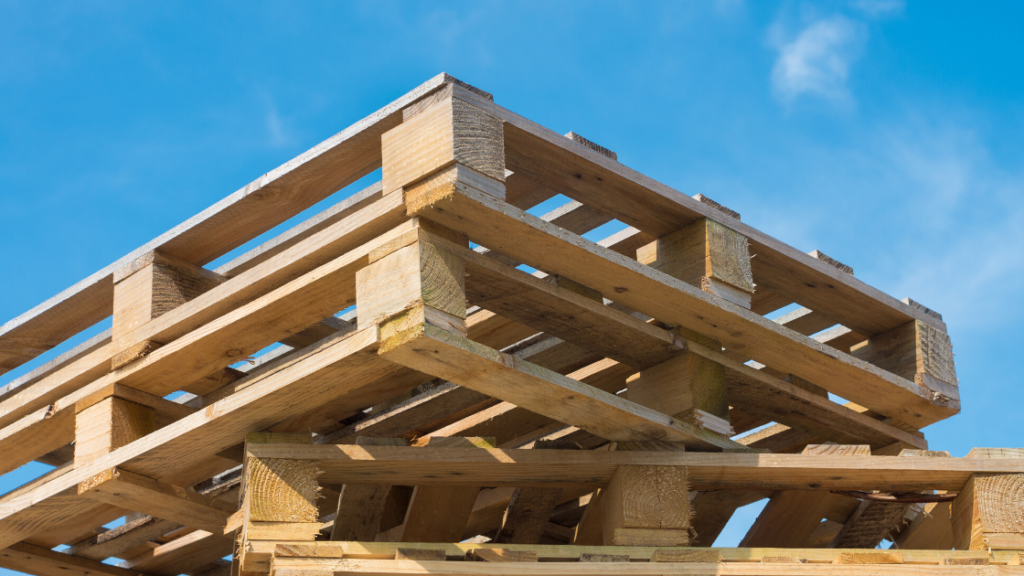What is the Circular Economy?
The circular economy concept is the alternative to a linear economy. Rather than make, use and dispose of, the circular economy aims to keep resources in use for as long as possible. This enables us to extract the maximum value of items, then recover and repurpose products and materials at the end of their life.
Our zero-waste policy fits into this concept perfectly as we ensure all pallets we collect are reused or recycled into new products. The materials have already been obtained for new pallets, and we aim to reuse or recycle these materials to prevent excessive waste.
Benefits of the Circular Economy:
- Reduce waste
- Drive greater resource productivity
- Helping to better the position of the UK when addressing resource security.
- Help to reduce the environmental impacts of production and consumption in the UK and globally.
The circular economy has already made a huge impact on the pallet industry in the past decade, and the material efficiency of processing and reusing pallets has greatly improved. A growing number of pallets are now being recycled, and pallets that would have been taken to landfills now have a much longer lifecycle, as they remain in the pallet network for much longer.

How does Circular Economy differ from Sustainability?
The circular economy concept differs from sustainability in that it supports and encourages economic growth while preventing the loss of resources, as lost resources mean waste and pollution which are entered into the physical environment.
On the other hand, sustainability focuses on avoiding the reduction of resources as well as environmental degradation. The circular economy doesn’t so much want us to focus on using less ‘stuff’ and rather creating new opportunities to reuse and recondition it, to remove the need of extracting more natural materials, or discard the remains back into the environment.
From the circular economy’s perspective, concepts such as repair, reuse and recondition are a much higher priority than recycling or disposal, as this process helps to maintain the value of resources with the lowest level of intervention. Which is how we work at PR Pallets.
Repair, Recondition, Reuse
At PR Pallets, we have adopted and interpreted the circular economy process by carrying out the following steps:
Recovery: Through our used pallet collection service, we recover pallets whether they be in a good or bad condition, from warehouses and distribution centres. We offer rebates for pallets that are of good quality, further encouraging companies to enlist our services to ensure their pallets enter the circular economy rather than ending up landfill.
Repair: Once a pallet has arrived at our depot, they are cleaned and inspected for any loose boards, exposed nails or fractured wood. Any damaged pallets are repaired, and parts are even used to make new pallets.
Reuse: These reconditioned pallets are then sold on to new customers at a reduced rate and the previous 2 steps are repeated.
Recycle: For pallets that are beyond repairable, the wood is broken down and used for biomass, mainly in the animal bedding industry, or used for energy.
Repurpose: Through each stage of our circular economy process, we ensure each pallet we recover is repurposed one way or another.


Recent Comments